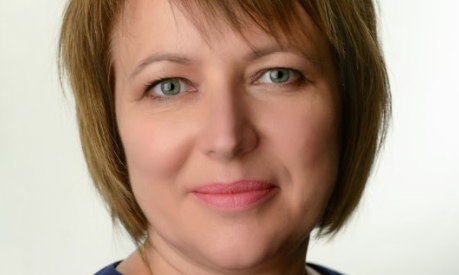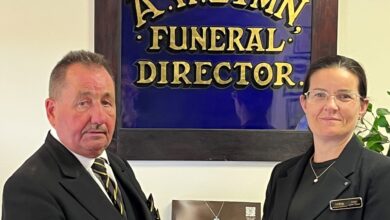The pre-need customer is changing – What to do about it

The coronavirus pandemic is bringing change to all markets quicker than we would have otherwise expected, and the funeral profession is no different. Digital has found its way into many sectors to enable remote processes and keep people connected, and it has done both of these things in the funeral sector, too.
The restrictions placed on funerals naturally led to much speculation at the start of lockdown as to how funerals may be forever changed.







